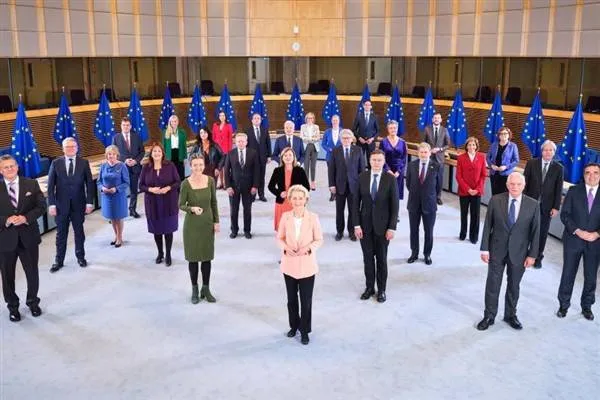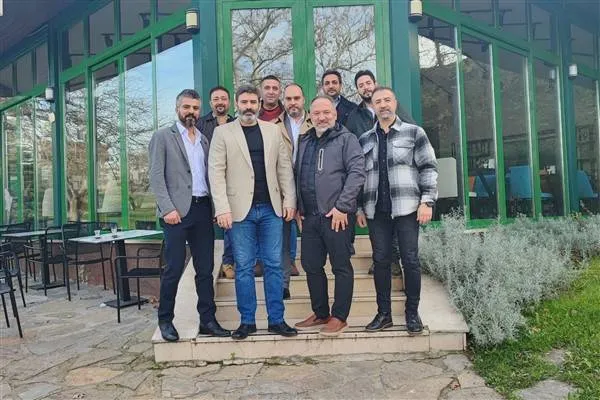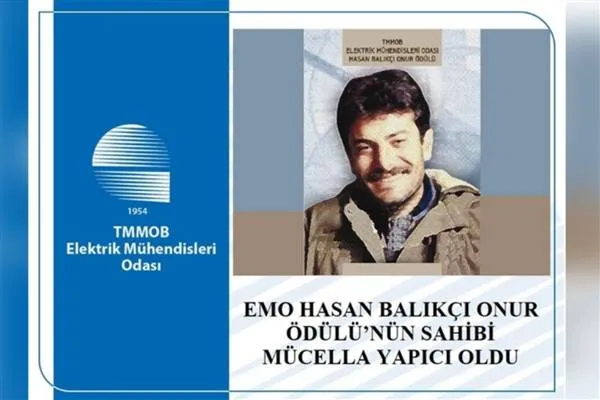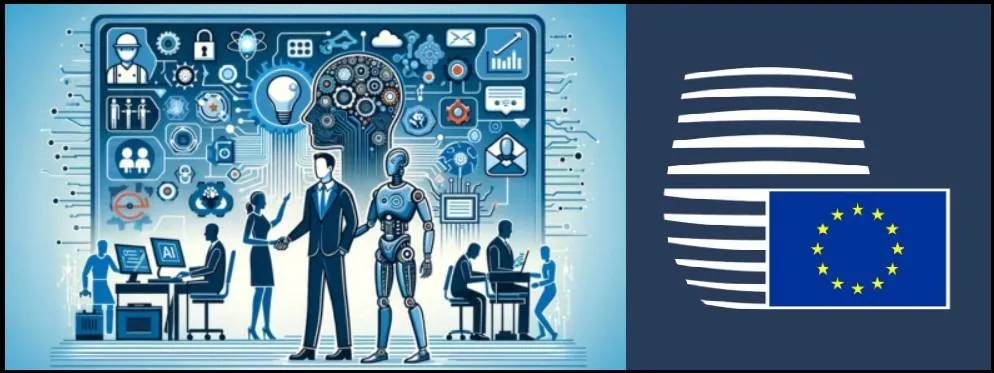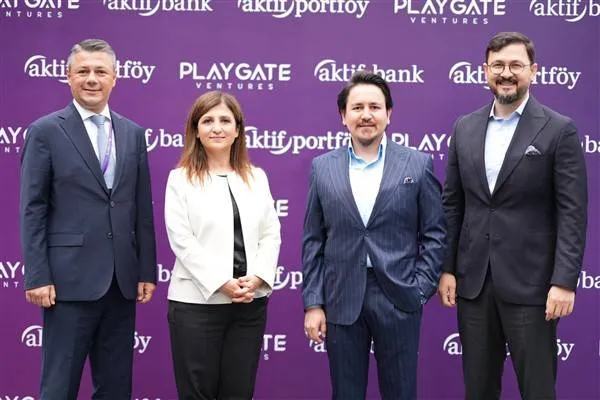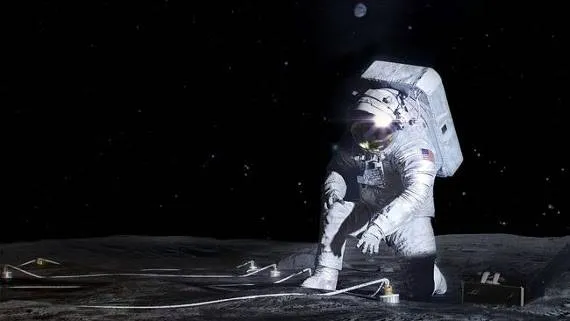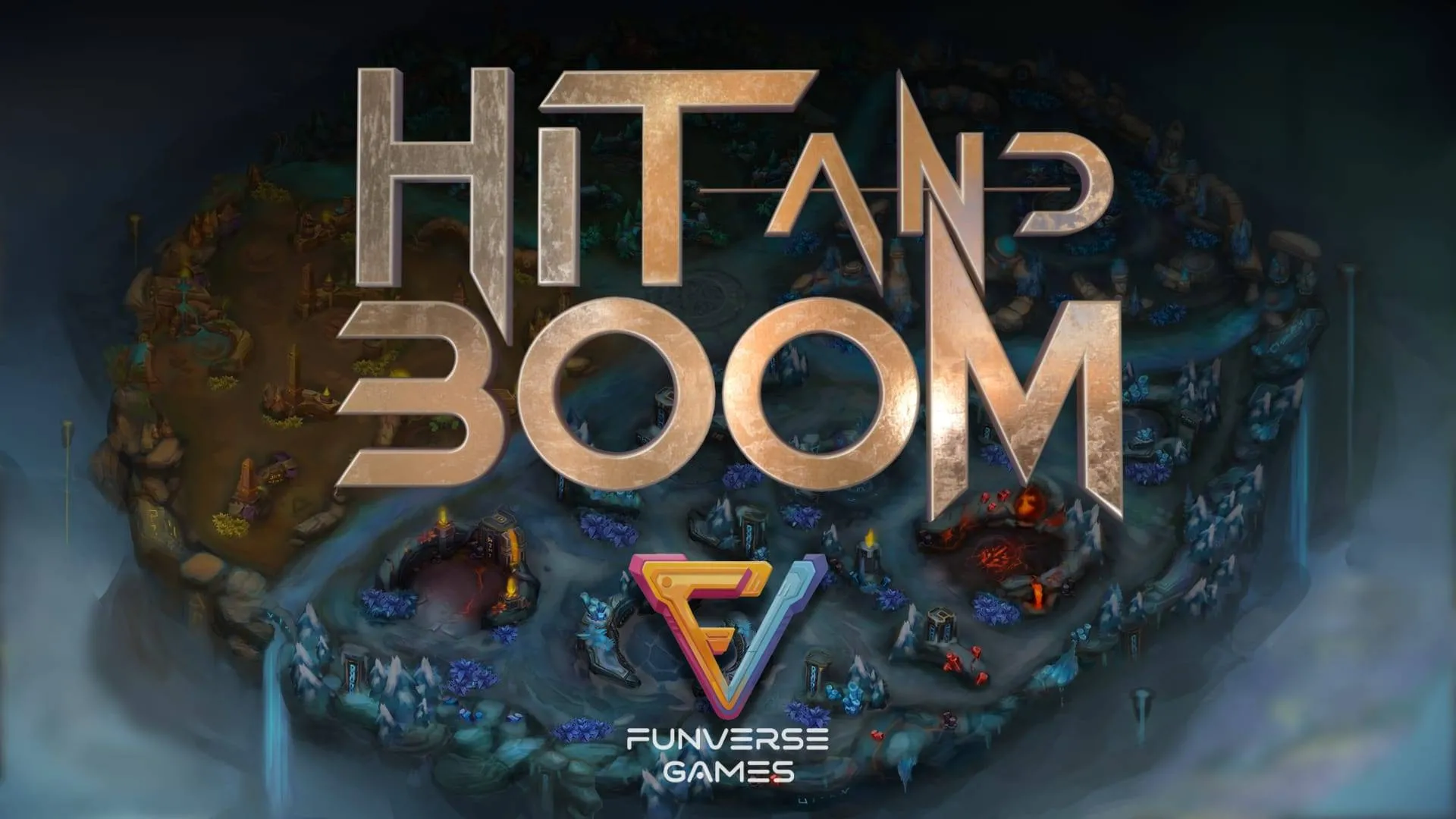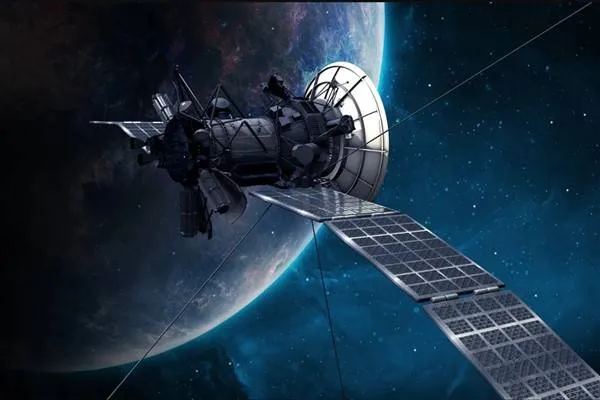Proposal to Increase EU Budget to 2 Trillion Euros Sparks Criticism
Brussels, July 17 (Hibya) – The European Commission has proposed a long-term budget of approximately 2 trillion euros for the 2028–2034 period.
This budget, presented by Commission President Ursula von der Leyen, aims to strengthen the EU's competitiveness, security, and global role, while also addressing challenges such as climate change and support for Ukraine. The proposal is currently subject to negotiations between the European Commission, the European Parliament, and member states.
When the Commission presented the significantly increased long-term budget of 2 trillion euros, the slogan was "bigger, smarter, sharper." However, criticism came swiftly.
The total budget of around 2 trillion euros represents a significant increase compared to previous long-term EU budgets. It accounts for an average of 1.26% of the EU’s gross national income over the 2028–2034 period.
A special fund of 451 billion euros will support investments in clean technology, digital technologies, defense, and food security.
The budget includes a major increase in defense spending, with 131 billion euros allocated to defense and space – a fivefold increase over the previous period.
A 100 billion euro fund will be allocated to support war-torn Ukraine.
A new crisis mechanism with firepower of up to 400 billion euros will be established to help member states during severe crises.
The proposed budget includes new own resources, such as taxes on large corporations, shares from national tobacco taxes, and a carbon border adjustment mechanism.
The proposal will undergo intense negotiations among EU institutions, with the European Parliament and member states having the final say on budget allocation and structure.
Ursula von der Leyen promises that member states will not have to pay more than before. Instead, she envisions new direct revenues for the Commission, including taxes on tobacco, large corporations, and electronic waste.
The main goal is to repay the large joint loan taken to support EU economies following the COVID-19 pandemic.
However, new EU taxes remain controversial and are often difficult for member states to approve.
European Council President António Costa, who plays a key role in uniting member states around a final outcome, wrote, "We must enter this debate with open minds and a sense of collective responsibility."
Still, criticism is coming both from those wanting more investment and those calling for savings.
Siegfried Mureșan, one of the two lead budget negotiators in the European Parliament and a Romanian Christian Democrat, said that support for farmers should not be questioned or reduced but increased.
Dutch Finance Minister Eelco Heinen told Politico Europe, "The budget is too high."
Budget negotiations are expected to continue until mid-2027.
British News Agency

